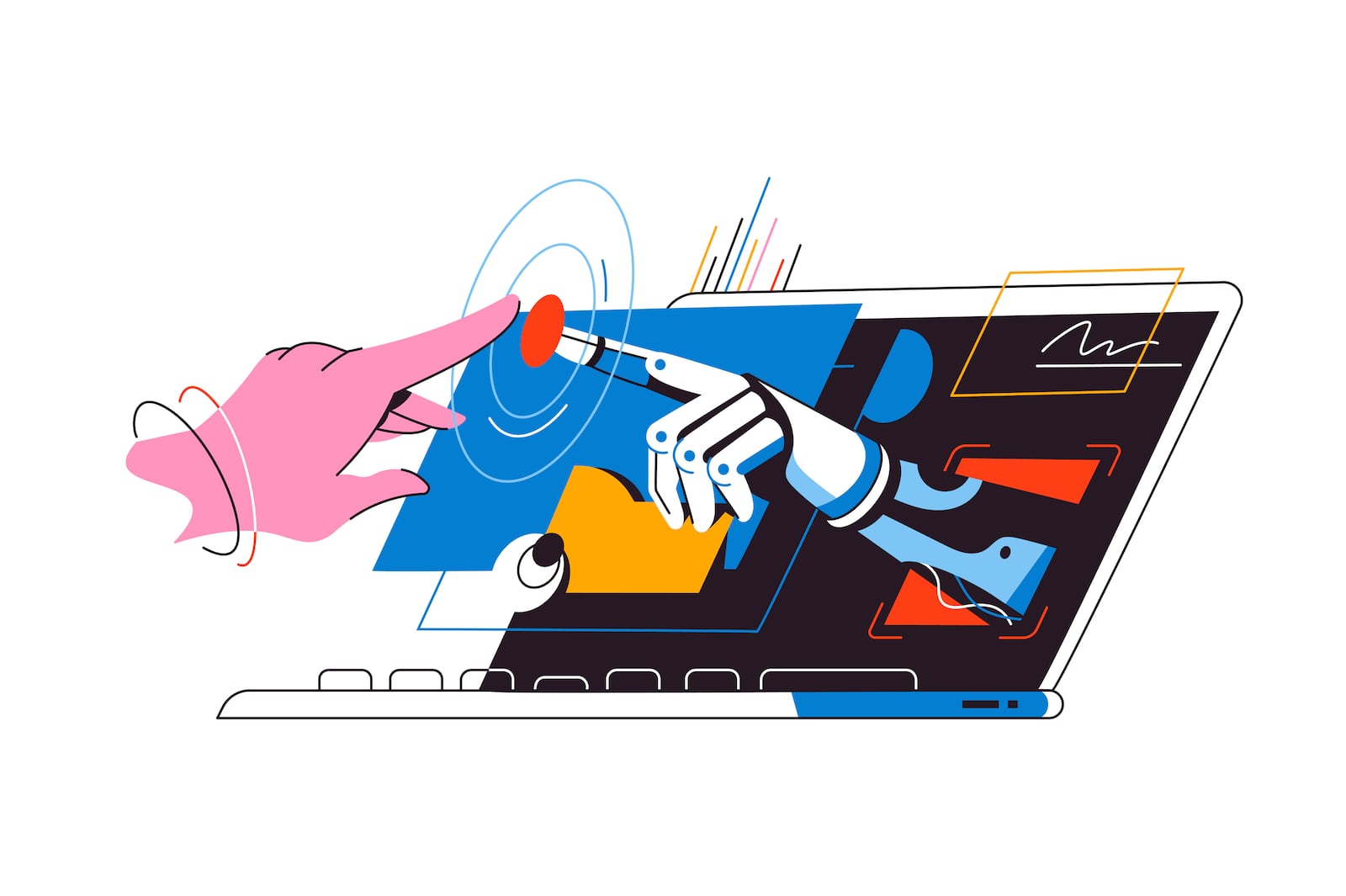Are you scared artificial intelligence will replace you? Outsmart you?
Soon enough, AI will replace human workers at a rapid rate. Just ask Anthropic CEO Dario Amodei, a top AI creator and innovator. In a recent interview, Amodei predicted AI could wipe out half of all entry-level white-collar jobs — and spike unemployment up to 20 percent in the next one to five years. Already, one Oxford Economics study shows AI is driving higher unemployment rates for recent graduates.
At the same time, the job market is systematically broken. I have over 15 years of experience in business development and acquisitions, and have never seen the job market this challenging for candidates and recruiters alike. That is partly due to AI.
The truth is, you should be scared. But hopefully, that fear will fuel your understanding of how AI automation works and, most importantly, your use of AI strategically, efficiently and regularly.
AI will replace millions of jobs, but millions more will be created due to AI. The World Economic Forum released its 2025 Future of Work Report and found that AI will eliminate 92 million positions globally by 2030; AI will also create 170 million new jobs up for grabs during the same time frame.
Rather than being fearful, it’s time to focus on how to be a top candidate for one of those 170 million jobs that will become available.
We are in the early stages of the AI revolution, and everything is impersonal. The focal point of career matching is based on applicant tracking systems (ATS) consisting of keywords and data points. But the problem is that career success and compatibility are not completely computable. Human connections will always be made between a hiring manager and a prospective employee.
This leads the conversation to soft skills, which AI will never replace. Empathy, kindness, humor and wit are human qualities no robot can master. Soft skills will be key to landing roles once the candidate speaks directly with the hiring manager in interview rounds. However, AI will still be key to landing the initial interview.
Out of the more than 8 billion people in the world, less than 400 million are anticipated to be using AI daily by the end of 2025. That is only 5 percent of the world’s population. This 5 percent already has an advantage over the majority of job applicants for the 170 million jobs that will be created.
The good news? You can join the 5 percent that I believe will be the top candidates for future AI job openings. Start by using AI every day — wisely. Use AI to research and find courses and certifications to upskill. Ask AI what it can do for you.
Take resumes, for example. In today’s AI-driven hiring landscape, standing out means more than just listing skills. Effective AI platforms analyze job descriptions and your personal profile to craft tailored resumes that pass ATS filters and highlight your true potential. If there are gaps, the right AI platform can guide you with actionable steps to close them. From personalized suggestions and interview prep to real-time feedback on your job match likelihood, AI can be with you every step of the way.
Make AI your companion and be sure to find the ideal AI system and platform for you. The better the platform, the more AI systems can analyze your career story, skills and aspirations, and match them to future-ready roles.
AI is truly not something to be afraid of. It is meant to be your companion and help you excel in the workforce. It is not your enemy, and not your replacement.
Lastly, always remember that when one door closes, another will open. It’s up to you to prepare yourself to walk through when the door does open.

